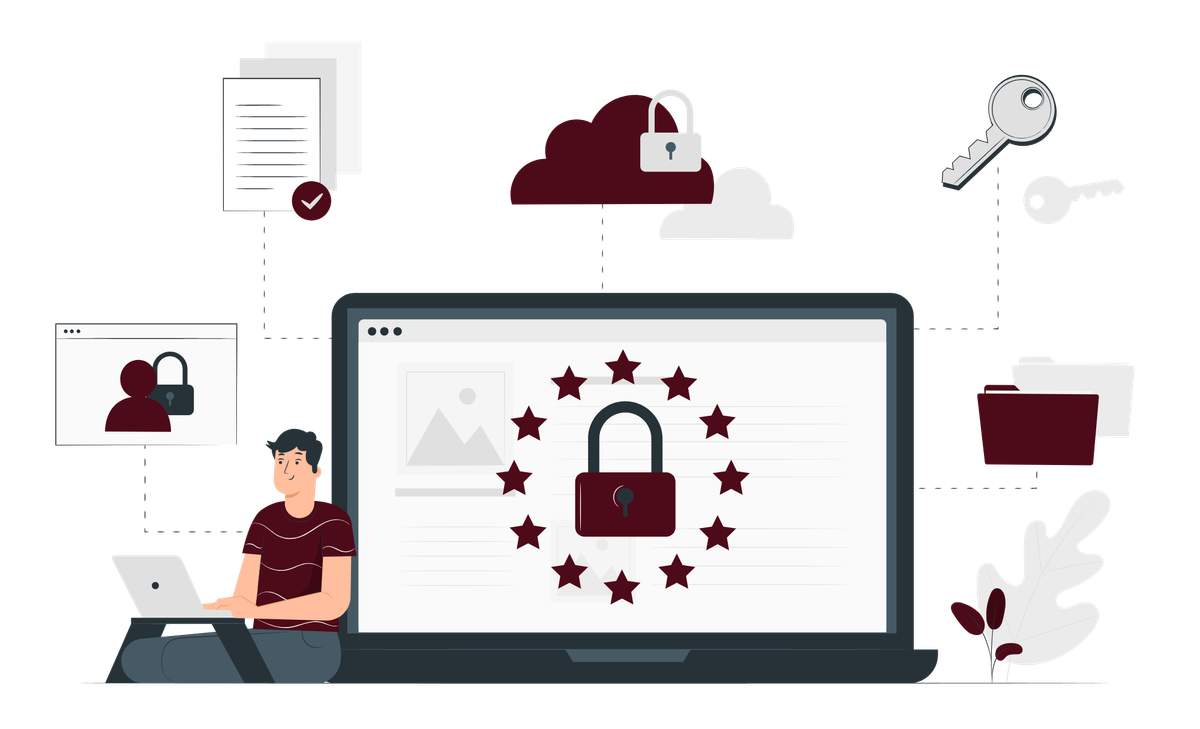The Critical Importance of Digital Privacy

In an era where data breaches and privacy violations have become daily occurrences, understanding and protecting our personal information has never been more crucial. From Edward Snowden's revelations about government surveillance to Cambridge Analytica's Facebook data harvesting, it's evident that our personal information is being collected, analyzed, and sometimes exploited in ways that lack transparency and ethical consideration.
Current Threats to Personal Privacy
The most immediate privacy concerns often come from malicious actors seeking to steal personal information. Major incidents like the Equifax breach, which exposed millions of Social Security numbers, demonstrate the vulnerability of centralized data storage. These breaches occur more frequently than most realize.

Simply browsing the internet or checking email can expose users to privacy risks. Phishing attacks attempt to capture login credentials through fraudulent websites, while tracking cookies monitor online behavior and transmit personal data to unknown parties. Additionally, hackers often succeed with minimal information. Something as basic as a birth date combined with an email address can provide enough leverage to reset passwords and compromise accounts. The 2012 hack of Wired writer Mat Honan exemplifies how seemingly minor personal details can lead to devastating consequences.
Why Privacy Matters More Than You Think
The common refrain "I have nothing to hide" dangerously oversimplifies the importance of privacy. This perspective fails to account for the permanence of digital information. While laws and social norms evolve, digital data remains eternal. Today's innocent online activities could become tomorrow's liability. Every search, transaction, and interaction creates a permanent, searchable record of our lives, beliefs, and associations.
Recent global events have demonstrated privacy's crucial role in personal safety. In Ukraine, privacy tools became essential for survival following Russia's invasion. Iranian protesters faced severe consequences, including execution, highlighting how privacy protection can become a matter of life and death. China's social credit system exemplifies how comprehensive surveillance can control citizens' lives, affecting everything from travel rights to financial opportunities.
Even in stable democracies, privacy remains crucial. Viral incidents can suddenly expose individuals whose personal information is readily available online. Collected data could be weaponized if authoritarian regimes gain power, and previously acceptable behaviors might be criminalized, with historical data used to target individuals.
Taking Action
Waiting for a crisis to learn about privacy tools is dangerous. Crisis situations are poor learning environments, and once personal data is collected and stored, control over its future use is lost. Privacy protection requires consistent, proactive effort.
Privacy isn't about hiding illegal activities—it's about maintaining control over personal information and preserving future freedom of choice. In a world where legal frameworks can be deeply flawed and social paradigms can shift rapidly, protecting our privacy becomes an essential form of self-defense against potential future threats.
The time to act is now. By understanding these risks and taking steps to protect our privacy, we can better safeguard ourselves and our loved ones against both current and future threats. Remember that privacy, once lost, is extremely difficult to reclaim.
Announcing Our Privacy Basics Course
To help individuals take control of their digital privacy, we're excited to announce our upcoming comprehensive Privacy Basics Course. This course will provide practical, step-by-step guidance on protecting your personal information in today's digital landscape.
Subscribe to our newsletter to be the first to know when the course launches and receive exclusive privacy tips and insights in the meantime.
Other articles you may find interesting:






